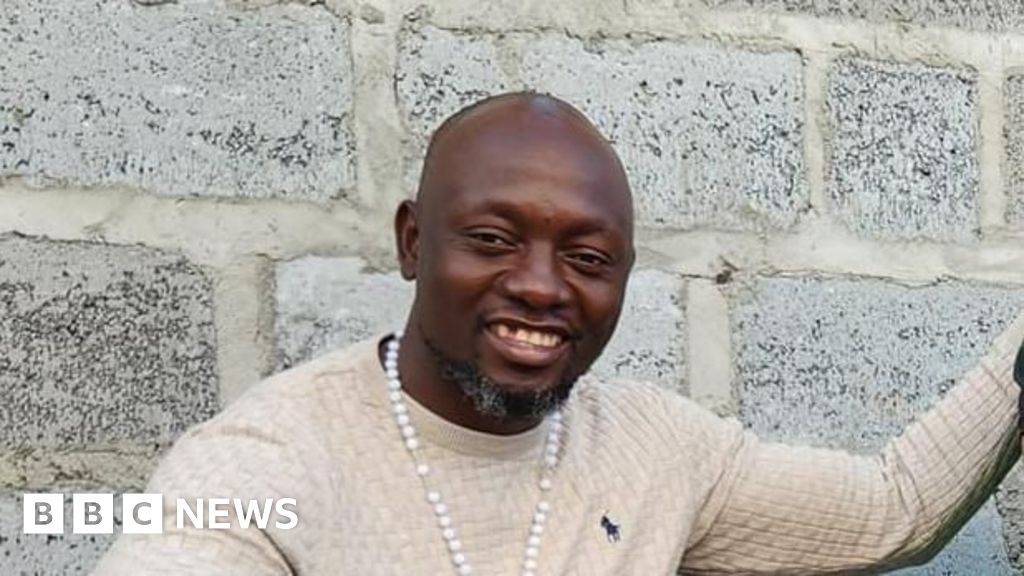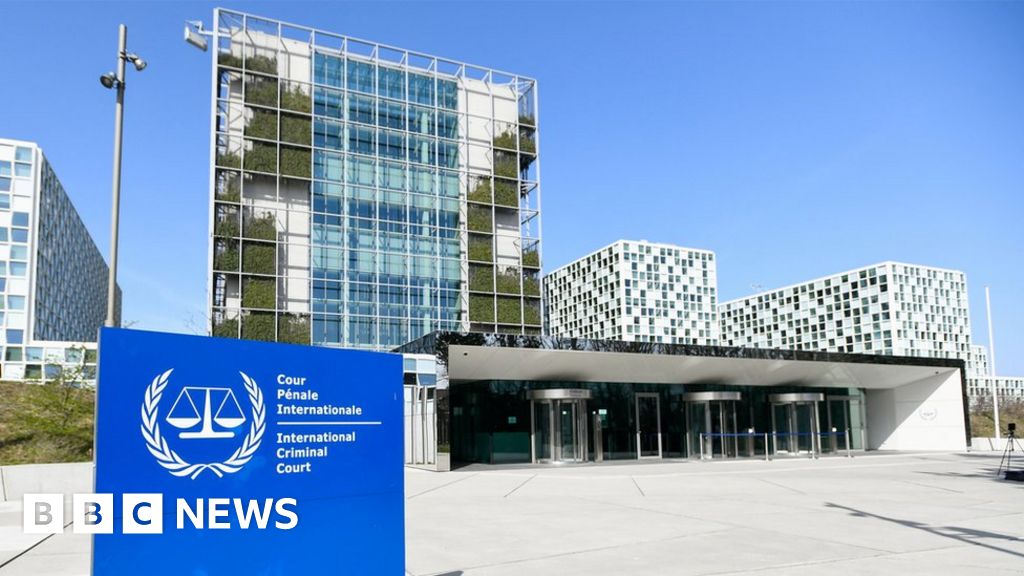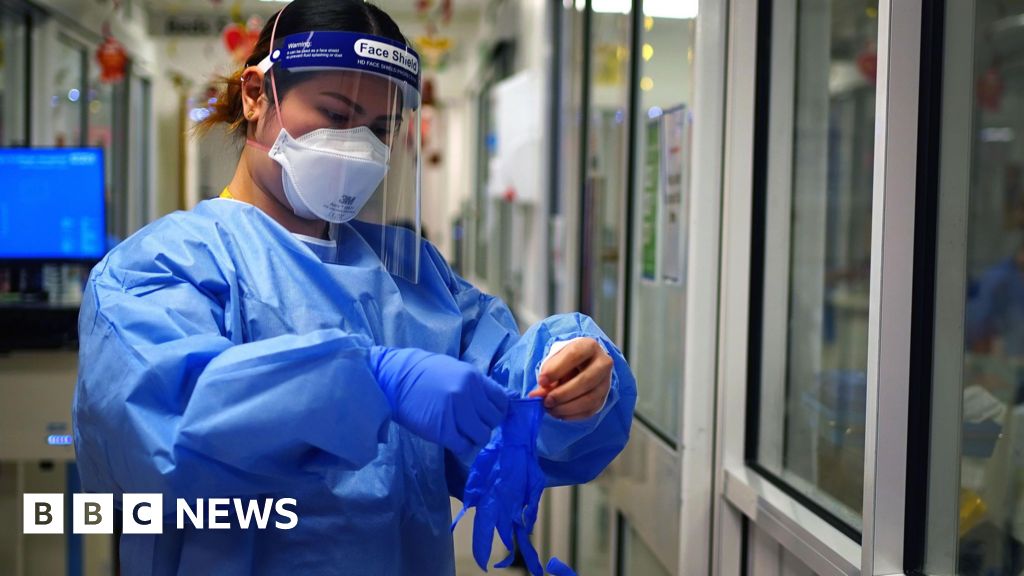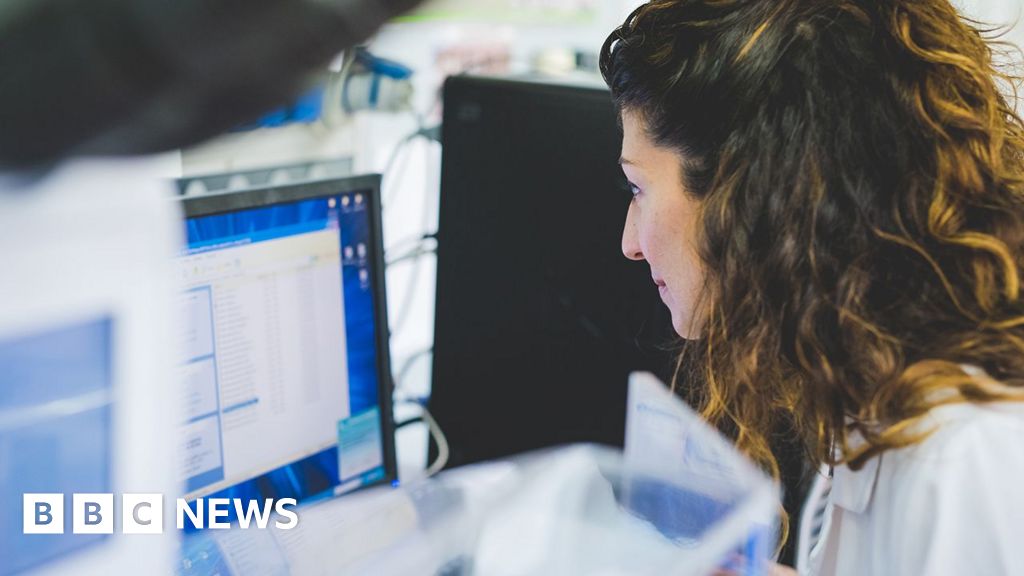The iPhone 16 is banned from sale in Indonesia after Apple fails to invest enough locally
The iPhone 16 lineup, Apple Watch Series 10 and other devices Apple announced this fall are banned from sale in Indonesia. That's because Apple has failed to meet its local investment commitments by around $15 million. It's said to have invested 1.48 trillion ($94 million) of the 1.71 trillion rupiah ($109 million) it pledged to plow into local sourcing and/or infrastructure to meet Indonesia's requirements. Due to Apple not meeting the investment threshold, the Ministry of Industry has not issued the certifications that are required for Apple's latest products to be sold there. The ban doesn't impact older Apple devices, which the company can still sell in the country. Under Indonesia’s local content rules, certain devices sold there have to contain at least 40 percent "domestic content." This can be reached by, for instance, using materials sourced in the country, having manufacturing plants or employing local workers. Apple has established four developer academies in Indonesia and, as of earlier this year, it was looking at setting up a manufacturing facility there. Samsung and Xiaomi are among the smartphone makers that now have factories in the nation. By not investing the remaining $15 million needed to meet the threshold, Apple can't sell its latest products in Southeast Asia's largest economy, which may prove to be shortsighted. While it's hardly the most popular smartphone brand in Indonesia (it's not in the top six, Bloomberg notes), Apple has room to grow there. Indonesia is said to have a $1 trillion economy and a youthful population that's becoming increasingly tech-savvy. The government has also reported that there are 350 million active mobile phones in the country, which has a population of 270 million. According to officials, there are around 9,000 iPhone 16 units in Indonesia. These have been mailed to the country or brought in by crew and passengers by hand. Bloomberg reports that personal use of the phones is permitted, but they can't be resold. Since 2020, any mobile phones that are bought overseas and brought in are subject to a tax and have to be registered with the Indonesian government.This article originally appeared on Engadget at https://www.engadget.com/mobile/smartphones/the-iphone-16-is-banned-from-sale-in-indonesia-after-apple-fails-to-invest-enough-locally-133907141.html?src=rss

The iPhone 16 lineup, Apple Watch Series 10 and other devices Apple announced this fall are banned from sale in Indonesia. That's because Apple has failed to meet its local investment commitments by around $15 million.
It's said to have invested 1.48 trillion ($94 million) of the 1.71 trillion rupiah ($109 million) it pledged to plow into local sourcing and/or infrastructure to meet Indonesia's requirements. Due to Apple not meeting the investment threshold, the Ministry of Industry has not issued the certifications that are required for Apple's latest products to be sold there. The ban doesn't impact older Apple devices, which the company can still sell in the country.
Under Indonesia’s local content rules, certain devices sold there have to contain at least 40 percent "domestic content." This can be reached by, for instance, using materials sourced in the country, having manufacturing plants or employing local workers. Apple has established four developer academies in Indonesia and, as of earlier this year, it was looking at setting up a manufacturing facility there. Samsung and Xiaomi are among the smartphone makers that now have factories in the nation.
By not investing the remaining $15 million needed to meet the threshold, Apple can't sell its latest products in Southeast Asia's largest economy, which may prove to be shortsighted. While it's hardly the most popular smartphone brand in Indonesia (it's not in the top six, Bloomberg notes), Apple has room to grow there. Indonesia is said to have a $1 trillion economy and a youthful population that's becoming increasingly tech-savvy. The government has also reported that there are 350 million active mobile phones in the country, which has a population of 270 million.
According to officials, there are around 9,000 iPhone 16 units in Indonesia. These have been mailed to the country or brought in by crew and passengers by hand. Bloomberg reports that personal use of the phones is permitted, but they can't be resold. Since 2020, any mobile phones that are bought overseas and brought in are subject to a tax and have to be registered with the Indonesian government.This article originally appeared on Engadget at https://www.engadget.com/mobile/smartphones/the-iphone-16-is-banned-from-sale-in-indonesia-after-apple-fails-to-invest-enough-locally-133907141.html?src=rss
What's Your Reaction?





























































